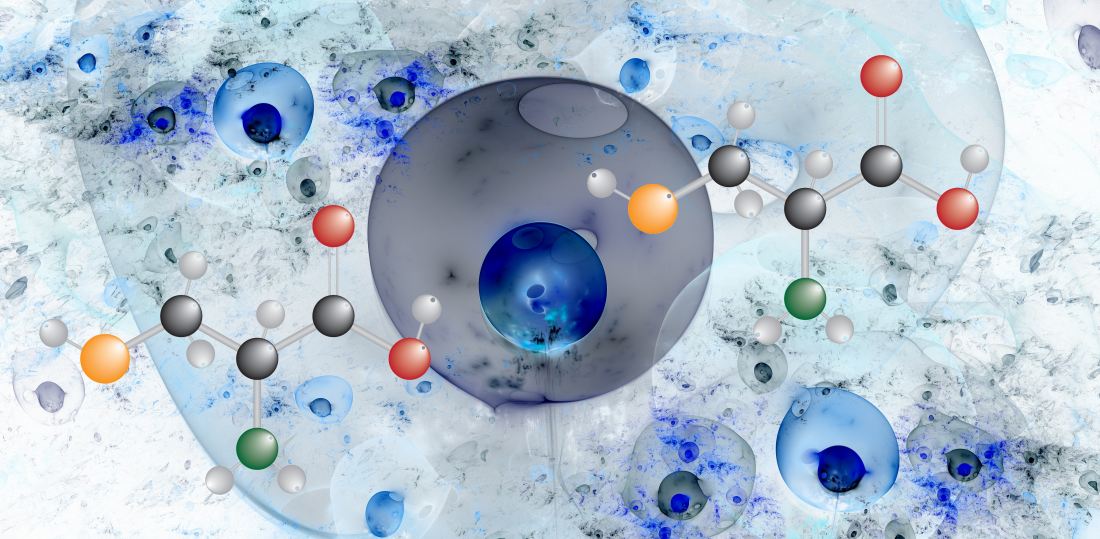Conscious sedation: Pharmacology.
Drug interactions (2)
Interactions between sedation and other drugs

BASIC AND ADVANCED
There are many potential drug interactions between sedation drugs and other prescribed medications. These interactions can lead to adverse effects or reduce the effectiveness of one or both medications.
Some common examples of drug interactions between sedation drugs and other medications include:
Antidepressants:
Antidepressants can increase the effects of sedative drugs, such as benzodiazepines and opioids, leading to increased sedation and respiratory depression. Patients taking antidepressants should be closely monitored when receiving sedative drugs.
Antibiotics:
Some antibiotics, such as macrolides and fluoroquinolones, can inhibit the metabolism of sedative drugs, leading to increased levels of the sedative in the bloodstream and increased risk of adverse effects.
Antifungal medications:
Some antifungal medications, such as ketoconazole, can inhibit the metabolism of sedative drugs, leading to increased levels of the sedative in the bloodstream and increased risk of adverse effects.
Anti-seizure medications:
Some anti-seizure medications, such as carbamazepine and phenytoin, can increase the metabolism of sedative drugs, leading to reduced levels of the sedative in the bloodstream and reduced effectiveness.
Blood pressure medications:
Some blood pressure medications, such as alpha-blockers and beta-blockers, can increase the effects of sedative drugs, leading to increased sedation and respiratory depression.
Narcotic antagonists:
Narcotic antagonists such as naloxone, can reverse the effects of opioid sedatives, leading to sudden withdrawal symptoms and increased risk of adverse effects.

